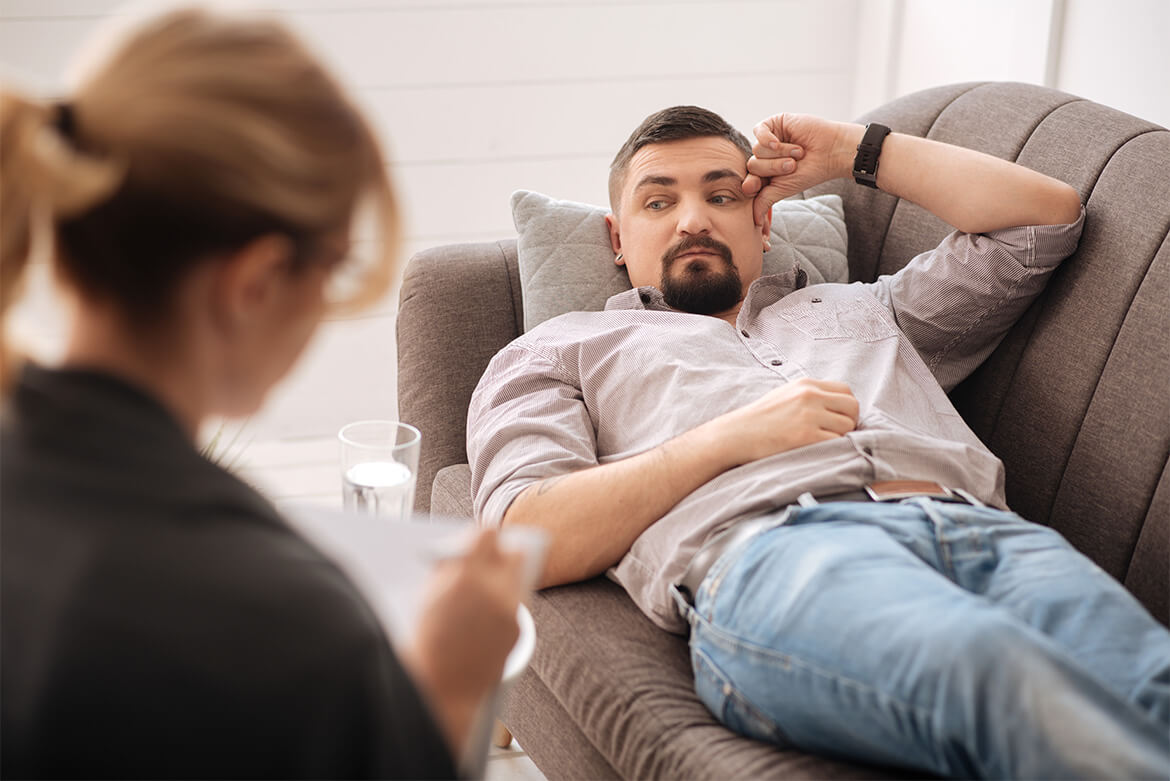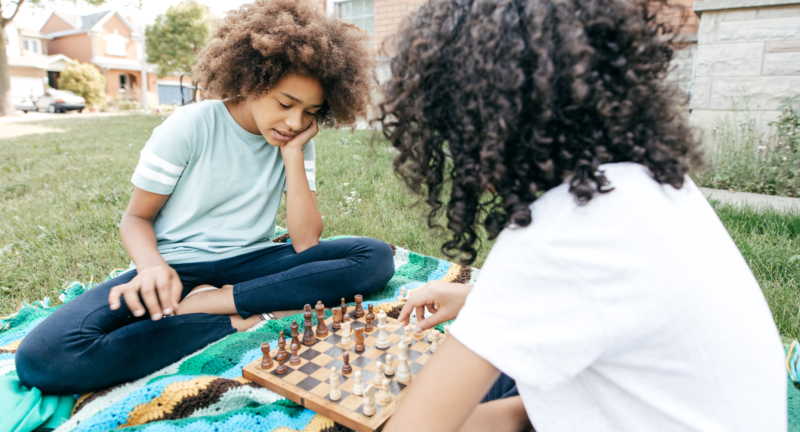
6 Mental Health Wellness Tips
Are you looking for practical ways to achieve better mental health and balance in your life? These mental health wellness tips, which include practicing gratitude, connecting with others, and maintaining physical health can support your mental wellness.
Here at Next Step 2 Mental Health, we focus on a holistic and multidisciplinary approach when it comes to your mental health care. We don’t want you to “just get by”; we want you to thrive.
Mental Health Wellness Tips
Watch the video below for six simple tips for supporting your mental health.
1. Focus on the Positives
Look for solutions that may help you overcome any challenges.
2. Practice Gratitude
Keeping a gratitude journal is a great way to combat anxious thoughts. In fact, writing in a gratitude journal is shown to improve emotional resilience and reduce stress. There are many ways to keep a gratitude journal, but here are some tips:
- Journal first thing in the morning to start the day on a positive note.
- End the day with a quick reflection about things you were grateful for over the course of the day.
- If your child can’t write yet, she or he can draw pictures instead — yep, practicing gratitude is a great way for your child to promote his/her own mental wellness!
3. Connect with Others
This includes your friends, family members, and people in your support groups.
4. Maintain Physical Health
You can take care of your body by taking any prescribed medication as directed, eating right, and exercising regularly.
Eating right
You probably know that what you eat can energize you (or cause a blood sugar crash later on), but did you know that what you eat impacts your brain too? Foods rich in omega-3 fatty acids support brain health. This includes salmon, sardines, avocados, turmeric, walnuts, and chia seeds. For more brain-healthy foods, read “11 Best Foods for Your Brain.”
Exercise
Exercise is good for your body and mind — and it doesn’t have to be a rigorous routine either.
Good-for-the-brain exercises include:
- Hiking
- Playing sports like soccer or basketball (even if it’s in your backyard)
- Rollerblading
- Biking
- Dancing
- Jump rope
Walking around the block or playing tag in the yard are good options too!
Self-Care
Did you know that self-care is more than just a mani-pedi? (Although those are nice too!) Taking care of yourself includes:
- Scheduling doctors’ appointments, including regular physical and dental cleanings
- Taking any medication as prescribed
- Taking time each day to focus on things you love (like reading or coloring)
- Getting to bed on time each night
All of these things — eating right, exercising, and practicing self-care — all support your body and your mind.
5. Develop Strong Coping Skills
You can think of your coping skills as tools in your toolbox. If you’re stressed or overwhelmed, you can use these tools to manage stress levels. Coping skills for stress can include:
- Deep breathing exercising
- Exercising (or even walking around the block to “cool down”)
- Brain-storming solutions to the problem (rather than just dwelling on it)
- Knowing where to look when you need help (a friend, a therapist, etc.)
6. Seek Professional Help When You Need It
Sometimes, despite your best efforts at following these mental health tips, you require a little extra help — and that’s okay! Whether that’s therapy or medication, professional mental healthcare can help you get back on your feet.
Seek Help When You Need It
At Next Step, we know how profoundly any mental health condition can impact all aspects of your life, and if you’re struggling now, you don’t have to wait until it gets worse before reaching out for help. Our compassionate, non-judgmental team offers a variety of treatments, including medication and therapy.
To reclaim control over your life, call our Louisville, Kentucky office at 502-339-2442. You can also request an appointment online.
Related Posts
Suffering: The Question of “Why”
People who ask the "why" question are coming from a place of deep pain, anguish,...
Boost Your Mental Health with These At-Home Activities
Whether you're stuck at home quarantining after a COVID exposure or you're simply...


